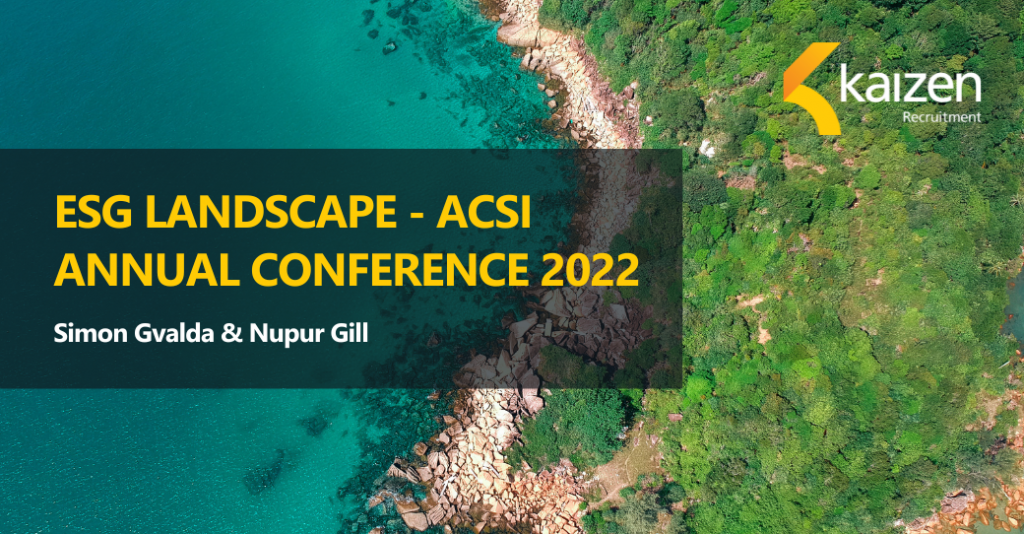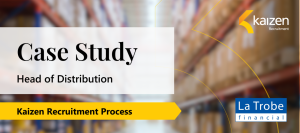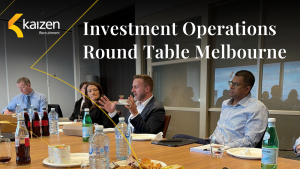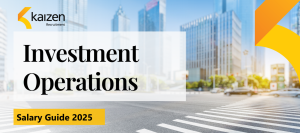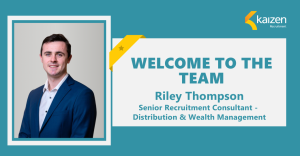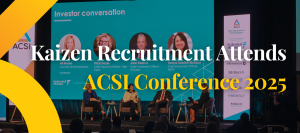ESG Landscape – ACSI Annual Conference 2022
Kaizen Recruitment’s ESG & Responsible Investment consultant, Simon Gvalda and Director Nupur Gill were privileged to attend the 2022 ACSI Annual Conference.
ESG issues continue to be at the top of the agenda for businesses, as Debbie Blakey, CEO HESTA, indicated, divestment will not drive change, engagement will. The key areas of focus for the conference were across climate change and progress on net-zero emissions, improving company culture, sustainability reporting, active ownership and investment stewardship, greenwashing, and diversity – with a focus on First Nations Australians in tandem with gender.
Working towards net-zero targets and reducing carbon emissions is a high priority as climate change continues to be of concern. To achieve Australian and global targets there needs to be a whole of economy approach and a focus on implementing targets for the renewable energy transition. Mark Carney, Vice Chair and Head of Transition Investing at Brookfield Asset Management, on a panel with Louise Davidson, CEO ACSI, shared insights on elevating Australia as a destination of appeal for investments in climate change as determined by three elements: anchoring it in public policy, enhancing disclosure – where ACSI is leading the way, by making TCFD mandatory from voluntary, and moving from commitments into action on net-zero plans. It was highlighted that successful action would involve both investors and the government in bringing along communities and workers to help achieve the transition to net-zero. There is need for clarity of direction, in conjunction with the responsibility of asset managers to not solely rely on divestment, as that leaves the responsibility to review if the new owners will manage the assets responsibly.
As Geoff Summerhayes, Senior Advisor, Pollination indicated that the climate has changed and is continuing to accelerate. The earth has already warmed 1.2 degrees Celsius and the pathway to 2 degrees will be exponential from this point on and not linear, with the change happening earlier than models predicted, requiring focus to expand to climate change adaptation and not just mitigation.
One of the panellists indicated that the financial impacts of climate change and the destruction of the environment will have profound impacts into the future with loss of biodiversity to cost the Australian economy $27 billion by 2050. While Australia needs to play a larger part in enabling energy transition and helping to broker diversification in the supply chain of natural resources on the international stage, there is also the need to focus on natural capital, biodiversity and land use. Fiona Reynolds, Former CEO, PRI & CEO of Conexus Financial impressed on the need for ‘joined-up thinking’ with financial policy supporting net-zero to allow for better practices, our superannuation funds engaging with their EU counterparts and enhancing engagement with bodies like ACSI, IGCC and ASFA to help achieve better practices and outcomes.
Deeanne Stuart, CEO Aware Super underscored that the purpose of superfunds is to maximise the retirement savings of members, many of whom are querying them on ESG. Cr Linda Scott, Chair, CareSuper, also mentioned in the absence of national targets, superfunds have set their own, however there is to be a significant shift with the new government looking to implement sectoral targets. Additionally, Ian Patrick, CIO, Australian Retirement Trust, highlighted that ESG is well framed in a ‘risk’ context but not an opportunity context, which requires increased collaboration between asset owners and continued evolution of tools to screen and identify opportunities, with the performance test setting the standard.
Another focus at the conference was sustainability reporting standards and their present disparate nature. The International Sustainability Standards Board (ISSB) is working on bringing global standards to sustainability reporting; they have received over 2,000 submissions globally from organisations that are looking to have input into the standards.
There was also due focus on diversity and inclusion with some panellists bringing to the forefront additional factors supplementing the need to focus on gender. It was highlighted that while so far only 6.5% of CEOs are women across the ASX 200, Aboriginal representation on boards is only 0.002%, with only 24% of companies having a Reconciliation Action Plan (RAP) in place. Shifting the mindset from a charitable one to a more strategic one will drive most success and innovation in enhanced representation as well as benefit both – individuals from communities but also organisations.
In conclusion, investor engagement remains an effective tool and the financial services industry has a leading role to play in the ongoing discussion and actions regarding ESG issues. The industry has the financial backing to create positive change for generations to come.
Kaizen Recruitment specialises in financial services recruitment across funds management, wealth management, superannuation, investment consulting and insurance and we have offices in Melbourne and Sydney.
For further information across ESG/Responsible Investment recruitment or to discuss potential opportunities for you or your organisation please call Simon Gvalda on 0412 122 593 / simon@kaizenrecruitment.com.au.
Like what you see?
Please feel welcome to join
Kaizen Recruitment’s mailing list
